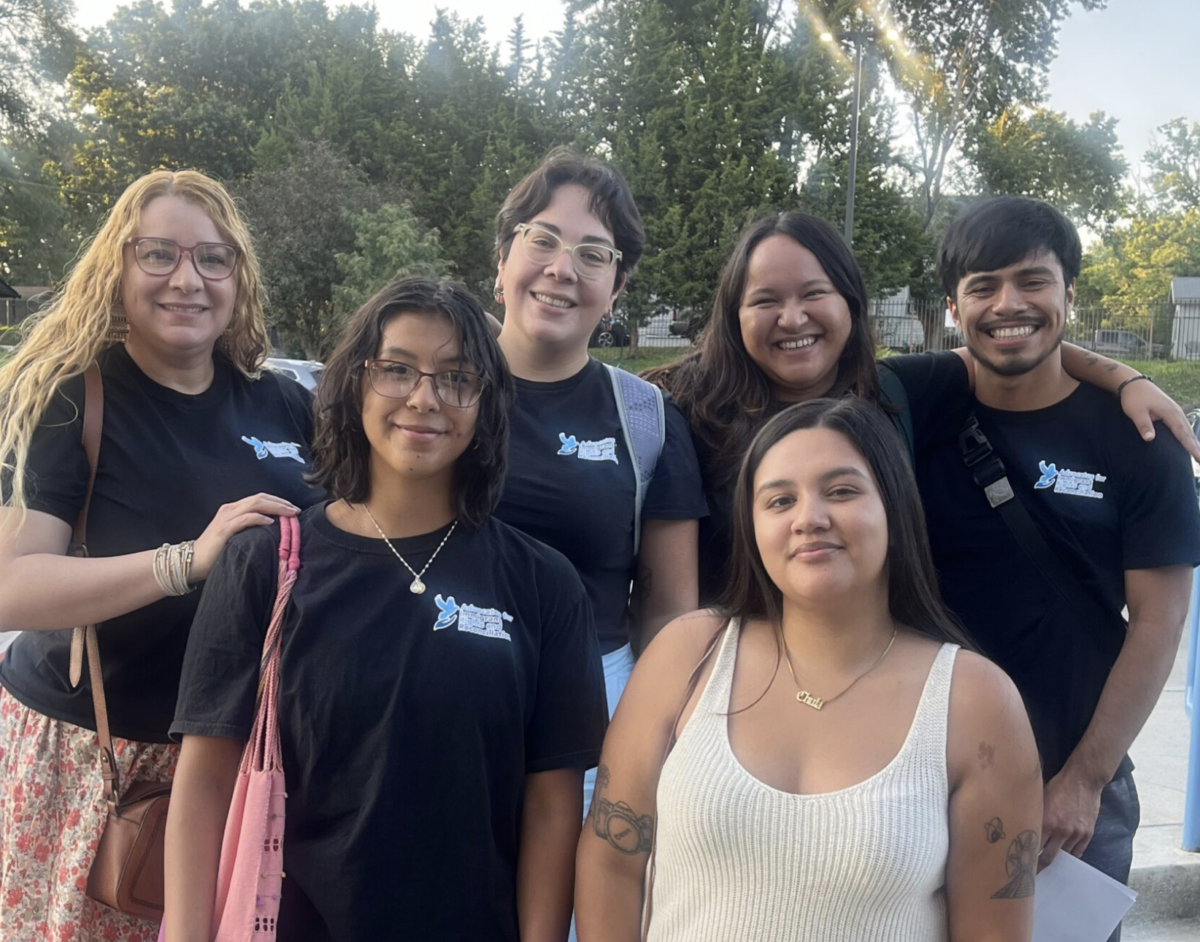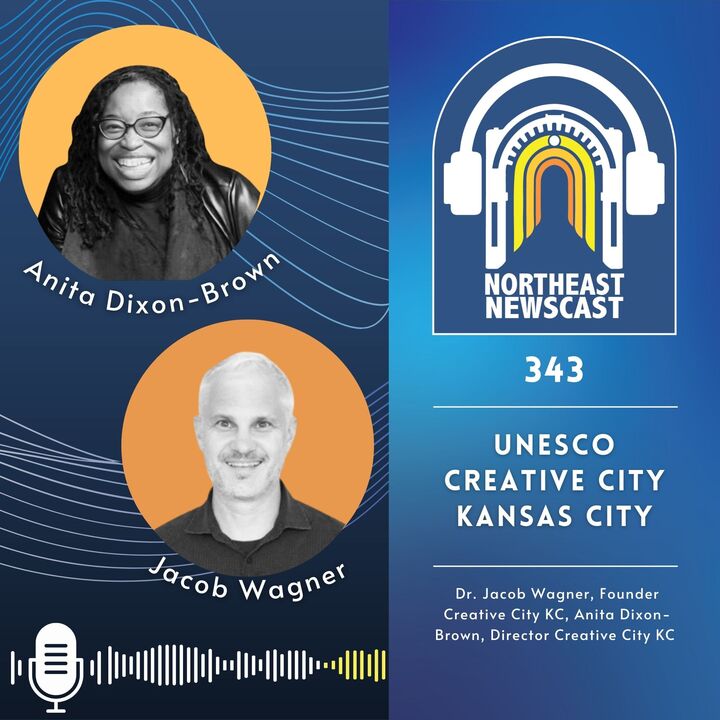
Abby Hoover
Managing Editor
The Department of Transportation (DOT) has awarded the Mid-America Regional Council (MARC) a $5,600,000 Rebuilding American Infrastructure with Sustainability & Equity (RAISE) Grant for the Bi-State Sustainable Reinvestment Corridor project along State Avenue, Independence Avenue and Truman Road.
Utilizing federal funding from the Bipartisan Infrastructure Bill, the Bi-State Sustainable Reinvestment Corridor is a regional project that will connect three major cities in two states and two counties by implementing a 24-mile zero-emission regional transit route, including improved access to housing, health care, employment, and education for citizens in each city and surrounding area. The project was announced by Representative Emanuel Cleaver (D-MO) in February.
Features include connections to existing KC Streetcar, Troost and Prospect MAX services; approximately 84,980 jobs and 90,810 residents within a half mile of the corridor directly served by improvements; and connections to major activity centers along route: Village West District, Kansas City, Kan., Community College, Downtown Kansas City, Kan., Downtown Kansas City, Kansas City University, 47th and State/East Village/Independence Transit Centers, Independence Square, and major historic neighborhoods.
“Since the Bipartisan Infrastructure Law was signed into law by President Biden, I have worked tirelessly with the Administration to secure federal funding for the Bi-State Sustainable Reinvestment Corridor—and I’m thrilled to announce that the first piece of the puzzle has fallen into place today with this $5.6 million RAISE grant,” Cleaver said.
Last week, Cleaver spoke with US Secretary of Transportation Pete Buttigieg about the possibilities of this project and the ways in which it will unlock opportunities for underserved communities throughout the region.
“I’m pleased that he is as excited about these prospects as I am,” Cleaver said. “With a concentration on sustainability, public transportation, and economic development, the Sustainable Corridor has an opportunity to be not just a major success in the Fifth Congressional District of Missouri, but a shining example of how the Bipartisan Infrastructure Law can create a sustainable, equitable future for an entire region.
As this funding makes its way to Kansas City, Cleaver said he will continue to work with their partners on a federal and local level to ensure they maximize the positive impact this project will have on Missouri families.
By working with leaders on both sides of the state line, the Kansas City region can be a national example on how to leverage both federal funding and local engagement to create green, resilient infrastructure that lasts for generations to come,” said Kansas Representative Sharice Davids (D-KS).
“This RAISE grant for the Bi-State Sustainable Reinvestment Corridor will jumpstart these investments by reducing energy costs, upgrading broadband equipment, creating affordable housing, increasing job opportunities, and so much more. I’ll continue working across all levels of government to get this done.”
Kansas City Mayor Quinton Lucas applauded Congressman Cleaver for his work on connecting communities and keeping investment in sustainable public transportation a priority.
“Reliable, safe, and efficient public transportation unlocks opportunities for people across our region and helps our businesses attract talent in Kansas City and all of our bi-state area,” Lucas said.
Impacting and improving our transit system in a manner that makes it more responsive to the needs of our city and regional community is an attractive outcome of the Bi-State Sustainable Reinvestment Corridor Initiative, said Unified Government/Kansas City, Kan., Mayor Tyrone Garner. He is excited about the benefits beyond transit services, like economic development services, job opportunity and worker and family support.
“Receiving this grant award for the Bi-State Sustainable Reinvestment Corridor sets the foundation to implement long-overdue community-based investments, including an east-west transportation network that connects diverse communities in our region,” said Jackson County Executive Frank White, Jr.
The announcement brings residents and businesses on both sides of the state line one step closer to having that critical need fulfilled, White said.
“Our residents and businesses will greatly benefit from the opportunities that the Corridor will deliver,” said Sugar Creek Mayor Mike Larson. “We are eager to work with neighboring jurisdictions, partner organizations and the community to support these critical needs for the Kansas City region.”
The $5.6 million in federal funding will be used to fund planning activities for the east-west high-capacity transit corridor from Village West in Wyandotte County, Kan., through downtown Kansas City, along Independence Avenue to Independence. The funding will help update transportation plans, complete project development and environmental documentation for zero-emission transportation elements, and complete advanced conceptual engineering design for one or more high-capacity transit routes.


















